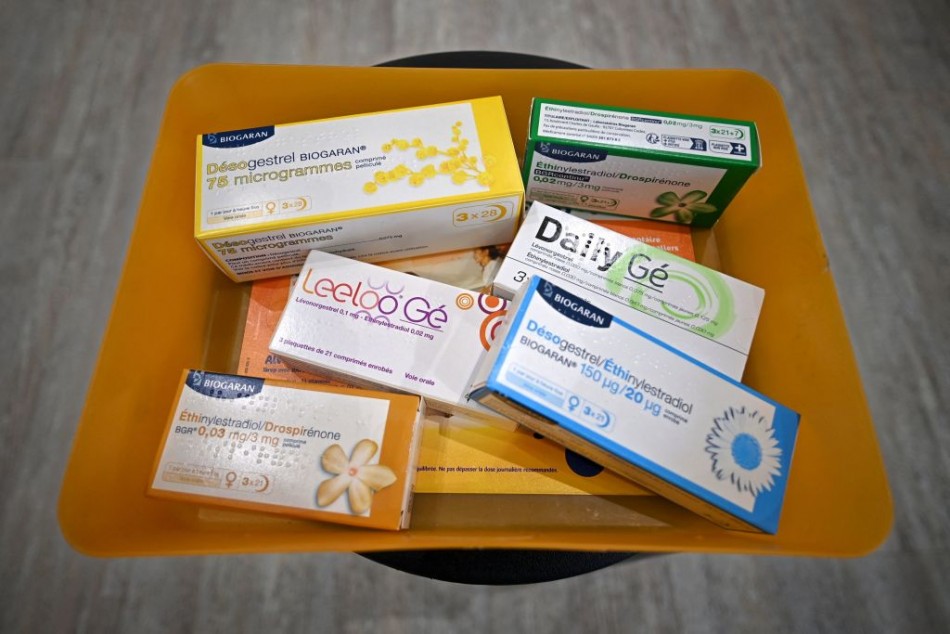FDA Raises Concerns About Perrigo's Opill Birth Control Drug for OTC Sales

The FDA is currently reviewing to give approval to Perrigo's Opill birth control drugs to be sold OTC around the country. As of the moment, Perrigo's Opill is only approved for prescription use.
However, the FDA is raising concerns about allowing Perrigo Co.'s birth control drug to be sold over the counter. The governing body says that switching to non-prescription sales could lead to inappropriate usage by consumers.
FDA Reviewers Highlight Safety and Effectiveness Concerns
Reuters reported that before an upcoming meeting of advisers who will recommend whether to approve Perrigo's Opill as an over-the-counter birth control pill, the U.S. FDA staff conducted a review of the drug on Friday,
The FDA acknowledged that making a non-prescription daily oral contraceptive available could help women access more reliable birth control. However, the safety and effectiveness of these pills would depend on consumers using them correctly. It is crucial for consumers to determine when not to use the drug as it has risks that differ from those of other non-prescription contraceptives.
The FDA's briefing documents identified risks such as breast cancer or other cancers that are sensitive to progestin and unexplained vaginal bleeding. The agency is also raising concerns with the pharmaceutical industry about the potentially diminished efficacy of the pill for people who are obese or overweight.
Furthermore, the FDA emphasized that the effectiveness of the contraceptive pill may be compromised if pill intake is delayed, as one of the studies conducted by the company was not designed appropriately to evaluate this factor.
Read Also: North Carolina Republicans Pass Bill Restricting Abortion Access to 12 Weeks, Sparking Controversy
FDA Staff Questions Studies on Opill's Effectiveness
For a significant period of time, oral contraceptives have been deemed safe for use.
As Bloomberg reported, regulatory bodies have mandated that they be prescribed to patients so that medical practitioners can evaluate individuals who have underlying medical conditions that could be exacerbated by the hormones contained in the medication.
Perrigo's Opill, which is a non-estrogen contraceptive pill, solely contains progestin and has been found not to increase clotting risk based on research.
Nonetheless, this type of medication is not advisable for people with specific conditions such as liver disease or breast cancer.
Furthermore, according to NBC, the updated analysis provided by the company fell short, FDA scientists said, noting that it was based on low-quality studies, many of which dated to the 1960s and '70s.
The staff members of the FDA have raised doubts about the results of a study known as Access, which aimed to evaluate whether the participants were consuming the medication according to the label's directions.
According to the study, participants reported taking the drug as prescribed, including following the label's instructions if they missed a dose, approximately 97% of the time.
Overall, while Perrigo is seeking to expand access to contraception for women, the FDA is looking to ensure that any over-the-counter product is both safe and effective for consumers. The FDA staff will make their recommendations to the advisory committee next week, and their ultimate decision will have significant implications for both Perrigo and the wider pharmaceutical industry.
Opill could become the first oral contraceptive that can be sold without a prescription if it receives approval from FDA advisers. HRA Pharma, the manufacturer of Opill, anticipates the FDA making a final decision by the end of the summer.
The pill was first approved for prescription use by the FDA in 1973. The agency requested further information about the drug's effectiveness in the current population as part of the company's application for over-the-counter use.
Related Article: FDA Approves GSK's Arexvy: First Vaccine to Protect Against Life-Threatening RSV in Elderly
© 2024 ParentHerald.com All rights reserved. Do not reproduce without permission.
